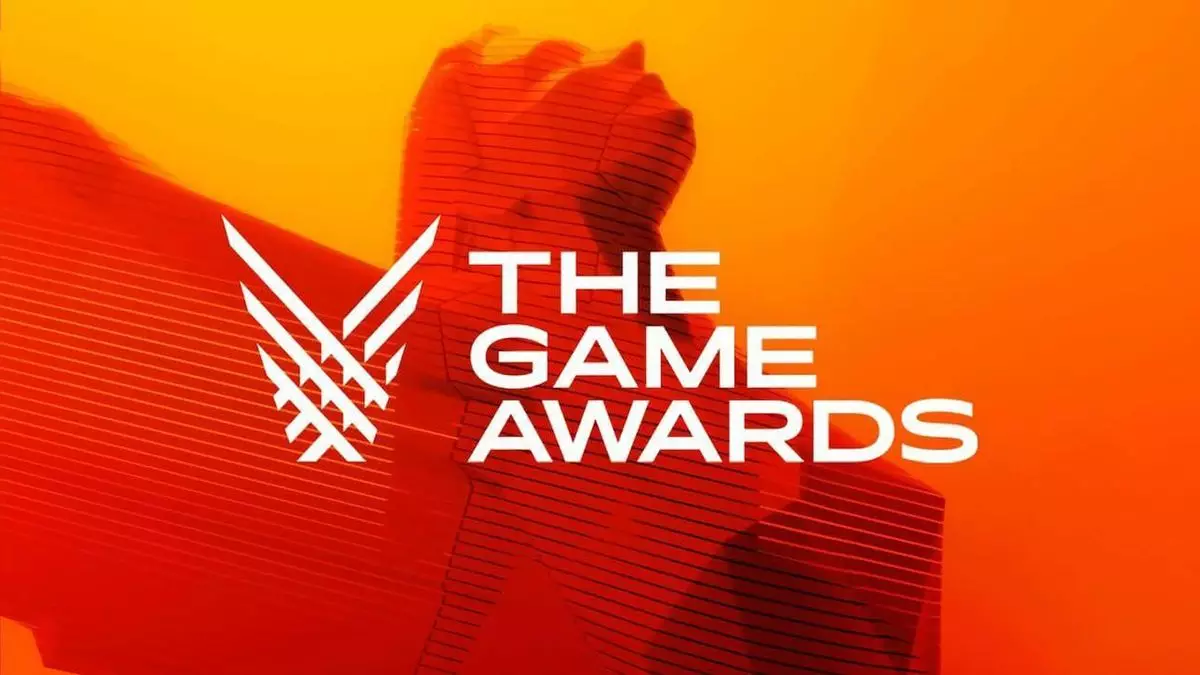The gaming landscape is vast and intricate, teeming with indie developers that often go unnoticed amidst the glitz and glamour of mainstream awards shows. As gamers anticipate the annual spectacle known as The Game Awards, a refreshing alternative will soon kick off—one that promises to honor the hard work and creativity of those developers who may not have the budget to compete with the titans of the industry. This indie-centric event, aptly titled “Games Who Can’t Afford the Game Awards,” will illuminate the rich tapestry of indie gaming, showcasing over 70 unique titles spanning a plethora of genres.
Rethinking Recognition in Gaming
The existence of a dedicated indie awards show highlights a critical issue: the disparity in recognition between big-budget games and the smaller, often more innovative projects created by indie developers. While The Game Awards undoubtedly celebrate outstanding achievements across the industry, they frequently overshadow the heart and soul that indie studios pour into their work. The indie initiative, by focusing solely on these creators, fosters a sense of community among gamers who appreciate not just gameplay mechanics but the underlying narratives and artistic expressions found in smaller titles.
The awards for this indie event will include unique categories that resonate deeply with the indie ethos, such as the “Most Likely to Make You Quit Your Job and Become an Artist” prize. Naming awards in a humorous yet earnest manner not only adds levity but also encapsulates the passion that drives these developers to pour their creativity into projects, often at great personal sacrifice.
The diverse lineup of games at this upcoming event emphasizes the innovation that indie developers bring to the table. Given the variety of genres that will be represented, we can expect to witness trends that diverge from mainstream gaming conventions. Titles such as “Animal Well” and “Balatro” signal a shift towards not only experimental gameplay but also unique storytelling approaches that challenge traditional narrative structures. Resident among the showcase are games that dare to explore intricate themes, such as identity, mental health, and existentialism, often presented through visually stunning and stylistically distinct art forms.
This focus on the unusual and the avant-garde is vital for the evolution of the gaming industry. Cycling through a plethora of indie games gives creators the opportunity to push boundaries, experiment with mechanics, and tell stories that may be sidelined or sanitized by larger studios motivated by market performance. The sheer creative diversity showcased in the indie sector can inspire and inform mainstream developers, urging them to consider more diverse narratives in their own projects.
Anticipation Surrounding The Game Awards
As we pivot back to the more established awards, the anticipation surrounding The Game Awards is palpable. Trends within nominations can often provide valuable insights into gaming community sentiments. Currently, major contenders like “Astro Bot” and “Final Fantasy VII Rebirth” have garnered significant nominations, illustrating a shift toward nostalgia and high production value. These titles honor the legacy of earlier franchises while incorporating contemporary gameplay innovations, proving that established names can still resonate with audiences.
Moreover, games like “Elden Ring: Shadow of the Erdtree” are noteworthy not only for their gameplay but also for their narrative-driven expansions, marking the first time DLCs and expansions have competed for the top honors at The Game Awards. This evolution in award categories reflects a burgeoning recognition of the importance of narrative continuity and character development across multiple game releases.
Looking to the future, as events like “Games Who Can’t Afford the Game Awards” gain traction, there’s hope that indie titles will continue to carve out a space within the broader gaming discourse. By setting up platforms explicitly dedicated to spotlighting these creations, the industry can cultivate a more inclusive ecosystem where diverse voices are heard and celebrated.
Ultimately, whether rooted in the story-rich environments of indie games or the blockbuster productions expected from The Game Awards, the future of gaming looks hopeful. As audiences expand their tastes and embrace the eclectic nature of indie projects, the line between mainstream and independent gaming will continue to blur, creating a richer and more engaging experience for all players.
Indie games may not always compete with their larger counterparts in budget, but their lyrical storytelling and innovative gameplay remind us what gaming is ultimately about: creativity, passion, and the shared joy found in every pixel.

